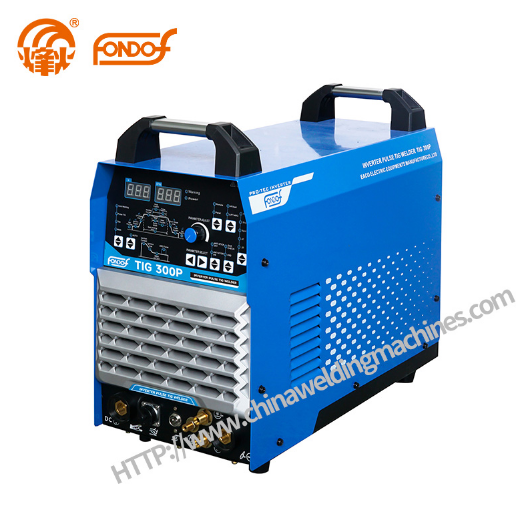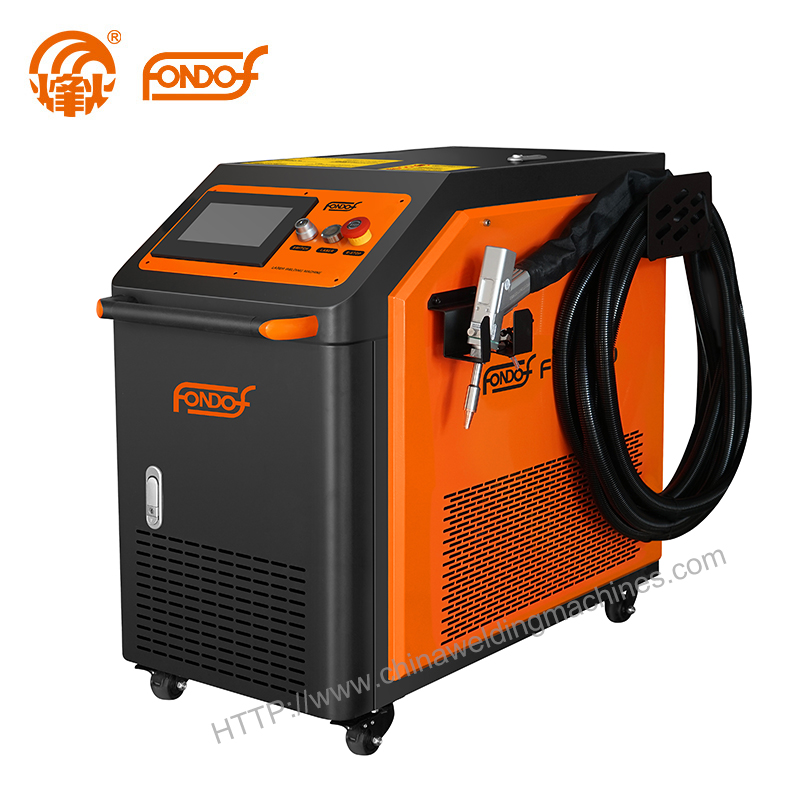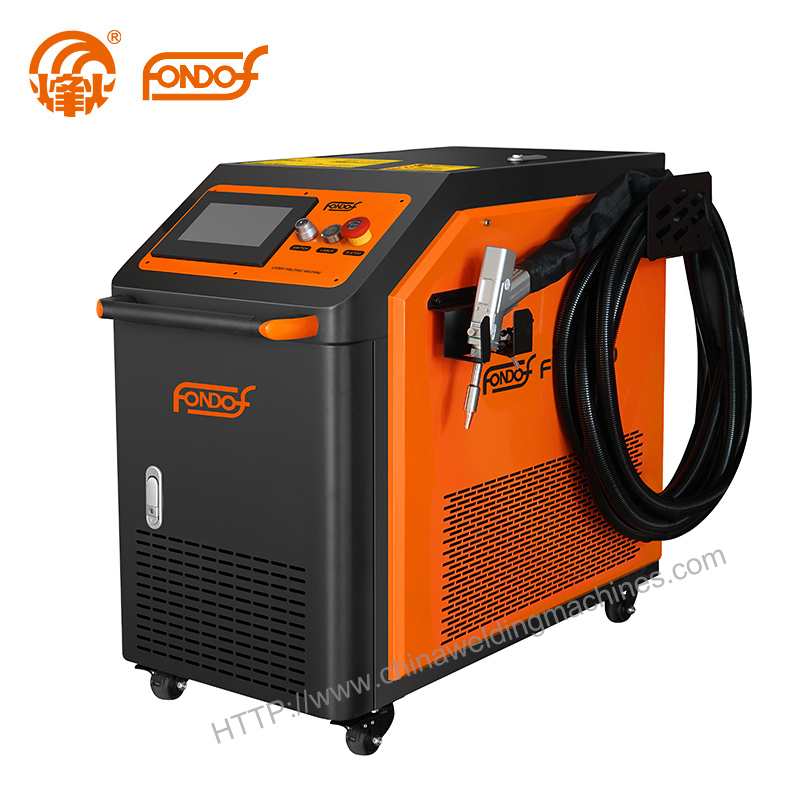What are the Different Types of TIG Machines?
 Apr. 08, 2025
Apr. 08, 2025
Tungsten Inert Gas (TIG) welding machines, also known as Gas Tungsten Arc Welding (GTAW) machines, are widely used in various industries for precise and high-quality welding applications. TIG machines utilize a non-consumable tungsten electrode to create an electric arc, and an inert gas, typically argon, to protect the weld pool from atmospheric contamination. There are different types of TIG machines available, each with its own features and capabilities. Here, we will discuss some of the common types of TIG machines:
1. Transformer-based TIG machines:
Transformer-based TIG machines are the traditional type of TIG welding machines. They use a step-down transformer to convert the input voltage to a lower welding voltage. These machines are robust, durable, and suitable for heavy-duty welding applications. They are capable of producing high welding currents, making them suitable for welding thicker materials. However, they tend to be larger, heavier, and less energy-efficient compared to other types of TIG machines.
2. Inverter-based TIG machines:
Inverter-based TIG machines, also known as inverter welders, have gained popularity in recent years due to their compact size, lightweight, and energy efficiency. These machines use advanced inverter technology to convert the input power to a high-frequency AC current, which is then rectified to produce a stable DC welding current. Inverter-based TIG machines offer precise control over the welding parameters, such as amperage and waveform shaping, allowing for greater versatility and control during welding. They are also more portable and can operate on a wider range of input voltages.
3. AC/DC TIG machines:
AC/DC TIG machines are designed to provide both AC and DC welding capabilities. They allow welders to work with a variety of materials, including both ferrous and non-ferrous metals. The AC mode is used for welding aluminum and magnesium, while the DC mode is used for welding stainless steel, carbon steel, and other metals. AC/DC TIG machines offer adjustable AC waveforms, such as square wave, sine wave, and advanced pulse settings, enabling precise control over the heat input, penetration, and cleaning action of the weld pool.
4. Pulsed TIG machines:
Pulsed TIG machines are equipped with advanced pulse welding technology, which allows for the delivery of precise pulses of current during the welding process. This feature is particularly useful when welding thin materials or performing delicate welds, as it helps minimize heat distortion and reduces the risk of burn-through. Pulsed TIG machines offer adjustable pulse parameters, such as pulse frequency, peak current, and background current, enabling welders to achieve optimal control over the arc and achieve consistent and high-quality welds.
5. Water-cooled TIG machines:
Water-cooled TIG machines are designed for applications that require prolonged welding at high currents or high duty cycles. These machines are equipped with a water-cooling system that circulates water through the welding torch, power cables, and other components to dissipate heat generated during welding. Water-cooled TIG machines help maintain the integrity of the welding equipment, prevent overheating, and allow for extended welding sessions without the risk of overheating or damaging the machine.
6. Multi-process TIG machines:
Multi-process TIG machines, also known as combination welders, are versatile welding machines that can perform multiple welding processes in addition to TIG welding. These machines are often equipped with additional functions, such as Stick (Shielded Metal Arc Welding) welding and sometimes even MIG (Metal Inert Gas) welding capabilities. Multi-process TIG machines provide flexibility and cost savings by eliminating the need for separate machines for different welding processes, making them suitable for welding professionals who require versatility in their work
.
It's worth noting that the availability and specific features of TIG machines may vary depending on the manufacturer and model. When selecting a TIG machine, it's essential to consider factors such as the intended application, material thickness, desired welding parameters, portability requirements, and budget.





























